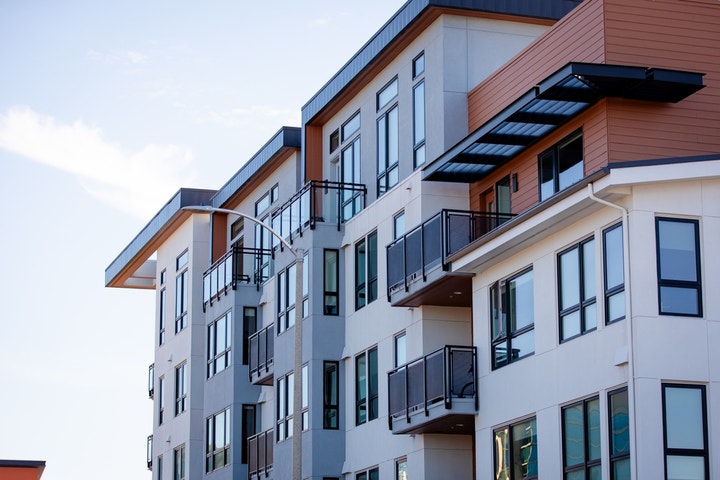
Benzinga and Yahoo Finance LLC may earn commission or revenue on some items through the links below.
Multifamily developers may have been guilty of believing there could never be too much of a good thing, building with abandon to refill a post-pandemic inventory shortage. Turns out they were wrong. Overbuilding forced landlords to offer incentives such as free rent to fill empty apartments amid a subsequent housing glut. Their bailout has come in an unlikely form—President Donald Trump’s tariffs, The Wall Street Journal reports.
Don’t Miss:
With the cost of imported materials from Canada, China, and elsewhere set to soar, other developers have been forced to cancel their construction plans. This has left existing housing as the only option, staving off competition and causing faster absorption than would have occurred otherwise.
“It’s not like they necessarily knew what they were doing,” Moody’s senior economist, Ermengarde Jabir, told the Journal. “But they’ve lucked out.”
Rental apartments have emerged as clear winners from the tariff fallout. The threat of inflation, coupled with existing high mortgage rates, which show no sign of decreasing, is set to increase rent prices. New construction starts were approximated at 325,000 in 2024, according to Yardi Matrix, representingChangedChanged a 50% decline from the previous two years. Many of the homes were built in prime Sunbelt markets such as Austin, Nashville, and Florida, which became saturated with developments and subsequently saw rents and house prices drop.
Trending: Hasbro, MGM, and Skechers trust this AI marketing firm — invest pre-IPO from $0.60 per share.
According to the Journal, landlords expect all the new supply to be exhausted by the end of the year, signaling a potential increase in rents. However, for homebuilders caught in the middle of projects and still building tariff-hit projects, the completion cost could be a painful endeavor, particularly if their supplies come from China, where Trump intends to impose a 145% tariff rate.
“We have already seen some impact from these policies in the form of reduced deal flow,” Matt Silvers, Project Management Advisors vice president, told Multi-Housing News. “A lot of that slowdown has to do with the cost of debt, but adding tariffs and removing a major source of affordable labor will absolutely increase construction costs.”
